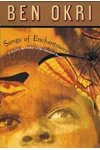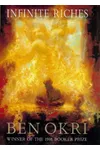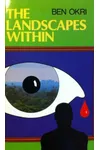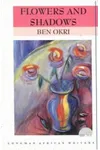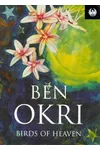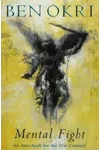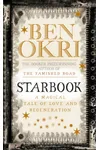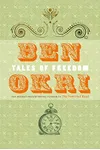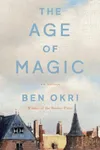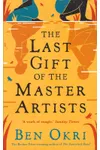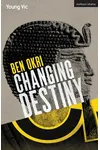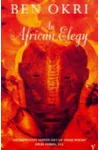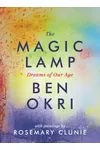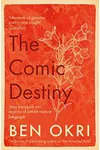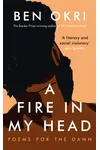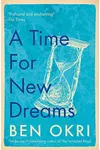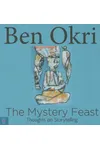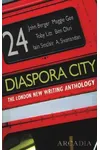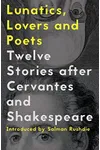Picture a Nigerian storyteller who weaves magical worlds with lyrical prose—meet Ben Okri! Born in 1959, this Booker Prize-winning novelist, poet, and essayist blends magical realism with deep philosophical insights, drawing from Nigerian oral traditions. His masterpiece, The Famished Road, catapulted him to global fame, captivating readers with its dreamlike narrative and vibrant storytelling.
Okri’s work isn’t just storytelling—it’s a journey into the human spirit, rooted in his unique life experiences and cultural heritage. From overcoming homelessness to becoming one of Africa’s literary giants, his story is as inspiring as his prose. Ready to dive into his world? Let’s explore!
The Making of Ben Okri
Ben Okri was born on March 15, 1959, in Minna, Nigeria, to a family steeped in storytelling traditions. His early years were split between Nigeria and London, where his father studied law. This cross-cultural upbringing shaped Okri’s worldview, blending African spirituality with Western influences. As a child, he devoured folktales and literature, sparking a passion for writing. By 19, he published his first novel, Flowers and Shadows, while studying at the University of Essex, despite facing financial struggles and periods of homelessness.
Okri’s resilience shone through as he honed his craft, drawing inspiration from Nigerian myths, Gabriel García Márquez, and his own transcendent experiences. His early hardships fueled his determination, setting the stage for his literary breakthrough.
Ben Okri’s Unforgettable Stories
Okri’s writing is a tapestry of magical realism, where spirits and reality dance together. His most celebrated work, The Famished Road (1991), follows Azaro, a spirit-child navigating a world of poverty, politics, and mysticism in post-colonial Nigeria. The novel’s lush, poetic prose and vivid imagery earned Okri the Booker Prize, cementing his place in literary history.
Other notable works include Songs of Enchantment (1993), a sequel to The Famished Road, which deepens Azaro’s mystical journey, and Starbook (2007), a fable-like exploration of love and destiny. His poetry collection, An African Elegy (1992), showcases his lyrical gift, while essays like A Way of Being Free (1997) reveal his philosophical depth. Okri’s themes—freedom, identity, and the clash of tradition and modernity—resonate universally, rooted in Nigeria’s cultural heartbeat.
His style, often compared to a dream, blends vivid imagery with oral storytelling rhythms. Critics praise his ability to make the ethereal feel tangible, creating narratives that linger like a haunting melody.
Why Ben Okri Matters
Ben Okri’s impact transcends literature. He’s a voice for African storytelling, bringing Nigeria’s myths and struggles to a global stage. His work challenges Western literary norms, proving that magical realism can tackle serious themes like colonialism and human resilience. Okri has inspired a generation of African writers, from Chimamanda Ngozi Adichie to Teju Cole, to embrace their cultural roots.
His universal themes of hope and imagination speak to readers worldwide, while his advocacy for creativity and freedom amplifies his influence. Okri’s stories remind us that even in hardship, the human spirit can soar.
About Ben Okri
- Born: March 15, 1959, in Minna, Nigeria
- Key Works: The Famished Road, Songs of Enchantment, Starbook
- Awards: Booker Prize (1991), Commonwealth Writers’ Prize
- Genres: Magical realism, poetry, essays
Snag The Famished Road and dive into Ben Okri’s mesmerizing world of magical realism!

